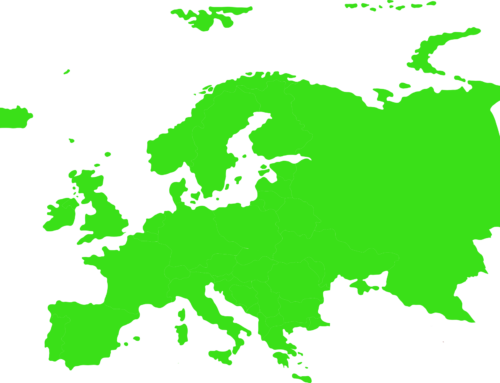The ball is in the court of the British: the United Kingdom (UK) has the European Council (heads of state and government of the EU members) notified to want to leave the EU. After this message, it is Article 50 of the EU Treaty, which specifies that an agreement should be negotiated in which its withdrawal be determined. The European Council authorized the European Commission to the negotiations of the withdrawal agreement and sets out the negotiating guidelines laid, which the Commission must follow. The negotiations must be completed in two years. An extension is possible by unanimous decision of the EU leaders. Negotiated exit agreement must be adopted by a qualified majority of the European Council and the European Parliament also put to the vote. Depending on the nature of the agreement, it is not excluded that the national parliaments must consult it. Transitional periods can be agreed. Changes for German companies occur for at least two years, possibly only in four to five years. The extent of the changes depends on the agreed arrangements between the UK and the EU. Various contractual models are conceivable:
Source CCI News 07/2016 (German only):





